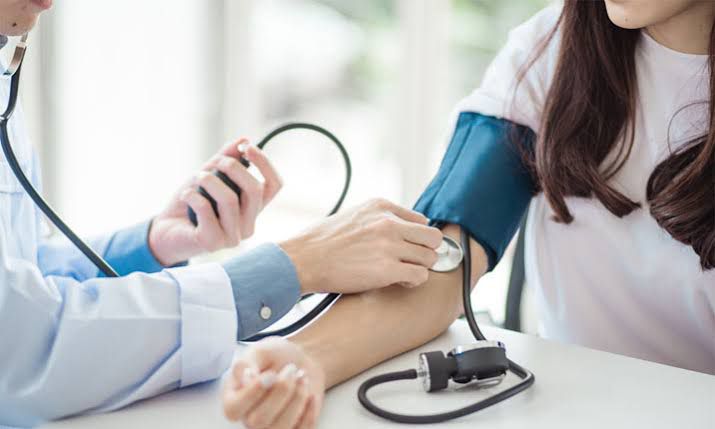A Paediatric Interventional Cardiologist, Prof. Adeola Animashaun, says awareness of blood pressure measurement among children should be increased, as some children have high blood pressure.
Animashaun said this during the 24th Scientific Conference and Annual General meeting of the Nigeria Hypertension Society on Tuesday in Lagos.
Hypertension, also known as high or raised blood pressure, is a condition in which the blood vessels have persistently raised pressure.
While speaking on the sub-theme, “Management of Hypertension in Children”, Animashaun said that various sensitisation and attention had been channeled to advising adults to check their blood pressure.
She stressed that measurement of children’s blood pressure shouldn’t be neglected.
According to her, since hypertension doesn’t often cause notable symptoms, it is important to have a child’s blood pressure checked at least once a year.
“In fact, guidelines say the blood pressure of any child above three years of age should be checked any time they go to the hospital for us to know their status early.
“For those that are less than three years of age, there are some of them that we also have to check early.
“Those that are born prematurely; those that have some procedure done for them around birth which we call umbilical catheterisation, and for those that have other illnesses, maybe heart problems, kidney problems.
“A major one is obesity, which is more prevalent in our environment now. Obesity is one of those conditions that comes with high blood pressure in children,” she said.
Animashaun noted that the measurement devices used for children are different from those used for adults, noting that it varied from age to age.
The professor disclosed that she conducted a survey involving pediatricians from across the country to inquire how many of them had blood pressure measurement devices for children in their hospitals.
She said that the survey was also to find out, if pediatricians that had blood pressure measurement devices for children in their hospitals actually utilised it.
“About 63 pediatricians from all over Nigeria responded, with the six geopolitical zones well represented.
“And in more than 50 per cent of the centres, which are majorly public hospitals, many of them don’t even have what’s used to measure blood pressure for neonates, for infants, and for younger children.
“Now, for those that have, up to one third do not even bother to check,” she said.
Animashaun emphasised that efforts should be intensified in sensitisation, training and retraining of health practitioners, and spreading the word to the community on checking blood pressure of children.
“When taking your child’s blood pressure at home, it’s important to use the correct sized cuff. A poor-fitting cuff may skew the results,” Animashaun said.
She said that screening of children would assist in early detection and prompt treatment to assist a child avoid further health issues associated with high blood pressure as they grow.
On treatment for high blood pressure, Animashaun suggested managing lifestyle factors such as diet, weight, physical activity and lower sodium intake.
She added that antihypertensive medication could also be used, if lifestyle changes alone do not lower the blood pressure.
NAN





















